economically whats best?
saxophonegirll
16 years ago
Related Stories
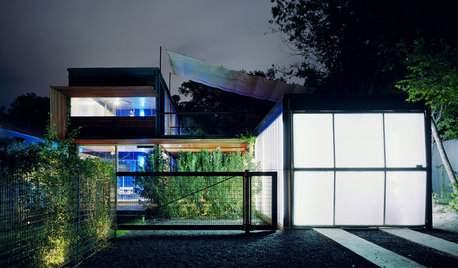
ARCHITECTUREWhat’s Fueling Austin’s Edgy Modern Architecture?
A look at the blossoming design scene in Texas’ capital city — and what’s behind all the experimentation
Full Story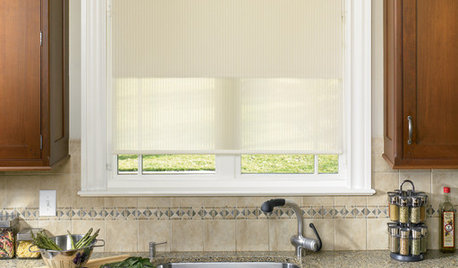
WINDOW TREATMENTSWhat’s the Right Way to Hang Roller Shades?
Over or under? It depends on how you want your shades to look, how much light you want to block and other factors
Full Story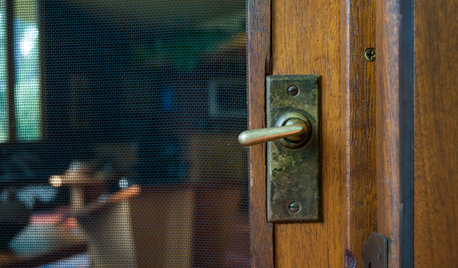
REMODELING GUIDESOriginal Home Details: What to Keep, What to Cast Off
Renovate an older home without regrets with this insight on the details worth preserving
Full Story
ARCHITECTUREWhat's Next for Our Homes' Exterior Design?
Take a mini tour of architecture's changing response to basic needs, throughout history and going forward
Full Story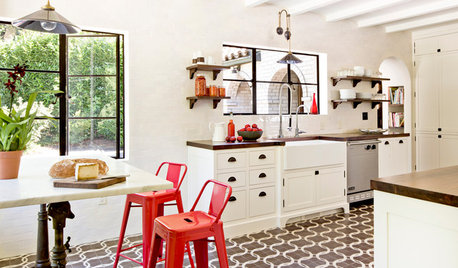
REMODELING GUIDESWhat to Know Before You Tear Down That Wall
Great Home Projects: Opening up a room? Learn who to hire, what it’ll cost and how long it will take
Full Story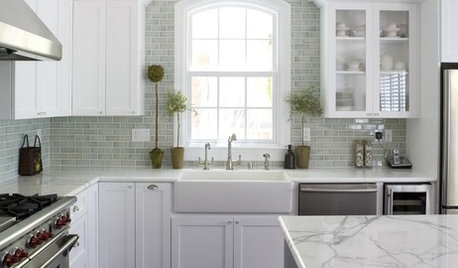
INSIDE HOUZZA New Houzz Survey Reveals What You Really Want in Your Kitchen
Discover what Houzzers are planning for their new kitchens and which features are falling off the design radar
Full Story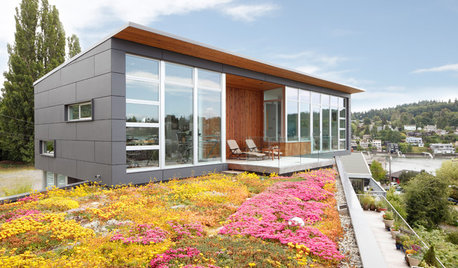
CONTRACTOR TIPSBuilding Permits: What to Know About Green Building and Energy Codes
In Part 4 of our series examining the residential permit process, we review typical green building and energy code requirements
Full Story
GREEN BUILDINGThe Passive House: What It Is and Why You Should Care
If you don’t understand passive design, you could be throwing money out the window
Full Story
MATERIALSInsulation Basics: What to Know About Spray Foam
Learn what exactly spray foam is, the pros and cons of using it and why you shouldn’t mess around with installation
Full Story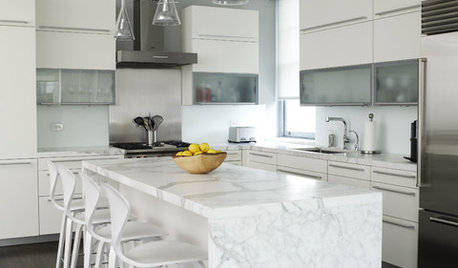
REMODELING GUIDESCarrara vs. Calacatta Marble: What Is the Difference?
The answer is in the color and veining of these popular Italian marbles
Full Story





linda_schreiber
murkwell
Related Professionals
Erie Landscape Architects & Landscape Designers · Fitchburg Landscape Architects & Landscape Designers · Apollo Beach Landscape Contractors · Clearlake Landscape Contractors · Crystal Landscape Contractors · Fairview Landscape Contractors · Lynchburg Landscape Contractors · Mashpee Landscape Contractors · Rochester Landscape Contractors · Saint John Landscape Contractors · Del Aire Carpenters · Maryland Carpenters · Tigard Carpenters · Sunset Carpenters · Scotch Plains Siding & Exteriorstrilliumgreen
greenwitch
jumpin4joy
gbebeh
mersiepoo
oklahawg
aureliajulia
Ann